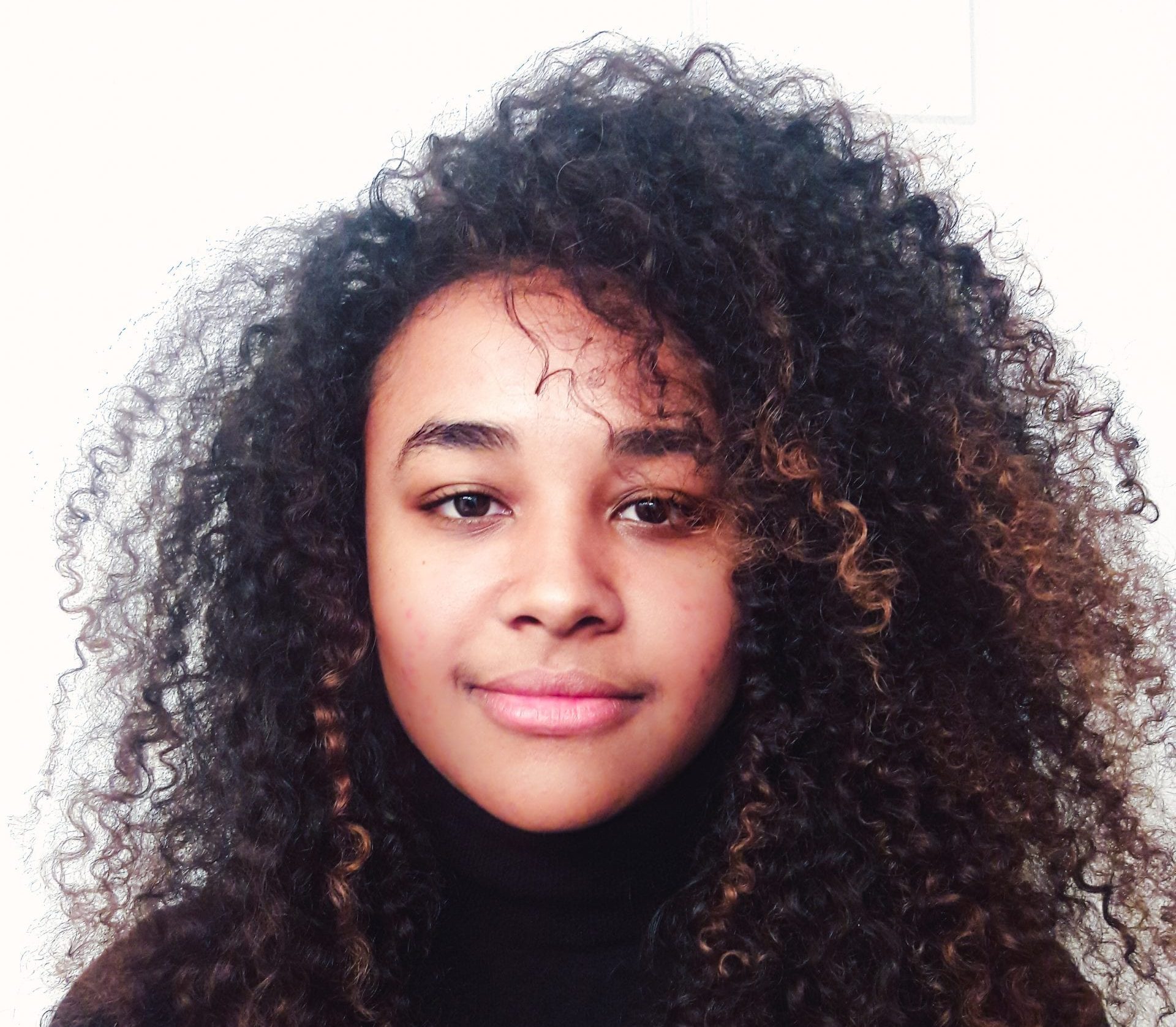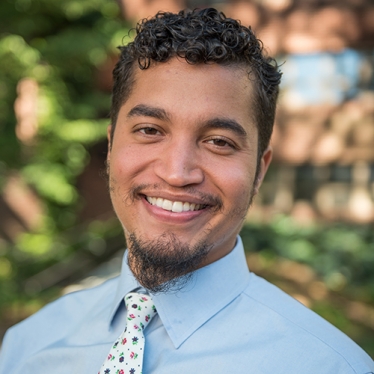Introducing a New Series on Black Ecologies

Black Perspectives, the award-winning blog of the African American Intellectual History Society (AAIHS), is launching a new interdisciplinary series titled #BlackEcologies beginning with today’s other post by Jillean McCommons. As Justin Hosbey and J.T. Roane have outlined elsewhere, Black Ecologies “provides a way of historicizing and analyzing the ongoing reality that Black communities in the US South and in the wider African Diaspora are most susceptible to the effects of climate change, including rising sea levels, subsidence, sinking land, as well as the ongoing effects of toxic stewardship.” At the same time, “it names the corpus of insurgent knowledge produced by these same communities, which…have bearing on how we should historicize the current crisis and how we conceive of futures outside of destruction.” The #BlackEcologies series brings together work from various scholars in Black Studies about the enduring proximity between Black communities and environmental catastrophe, as well as Black peoples’ efforts to resist ecocide intellectually, politically, and in practice.
Please follow Black Perspectives (@BlkPerspectives) and AAIHS (@AAIHS) on Twitter, like AAIHS on Facebook, or subscribe to our blog for updates. By subscribing to Black Perspectives, each new post in the series will automatically be delivered to your inbox.
About the Editors

Dr. Justin Hosbey is Assistant Professor of Anthropology at Emory University. His interdisciplinary ethnographic research explores the cultural and political economy of race and racism in the U.S. Gulf Coast and Mississippi Delta regions, focusing on the ways that southern Black communities articulate insurgent modes of citizenship. My current ethnographic project utilizes research methods from the digital and spatial humanities to explore and visualize how the privatization of neighborhood schools in low income and working class Black communities has fractured, but not broken, Black space and place making in post-Katrina New Orleans, Louisiana, USA. Hosbey also currently serves on the editorial board of Black Perspectives.
 Leah Kaplan is a PhD student in African American Studies at Northwestern University. Leah holds an MA in Philosophy and Art from Stony Brook University. Her research interests are broadly categorized under Caribbean Philosophy, Black Critical Theory, Critical Phenomenology, and Black Political Thought. . Within these traditions, she is particularly interested in answering questions around time, space, and Black ecology. She is currently an assistant editor at Black Perspectives and her recent work has appeared in Propter Nos. Follow her on Twitter @sous_rature.
Leah Kaplan is a PhD student in African American Studies at Northwestern University. Leah holds an MA in Philosophy and Art from Stony Brook University. Her research interests are broadly categorized under Caribbean Philosophy, Black Critical Theory, Critical Phenomenology, and Black Political Thought. . Within these traditions, she is particularly interested in answering questions around time, space, and Black ecology. She is currently an assistant editor at Black Perspectives and her recent work has appeared in Propter Nos. Follow her on Twitter @sous_rature.
 J.T. Roane is assistant professor of African and African American Studies in the School of Social Transformation at Arizona State University. He received his PhD in History at Columbia University in 2016. Roane is a 2020-2021 research fellow at the Schomburg Research Center in Black Culture and currently serves as co-editor of Black Perspectives. He has written for Souls Journal, The Review of Black Political Economy, The Immanent Frame, Pacific Standard, Boom California, and The Brooklyn Rail, among other venues. Follow him on Twitter @JTRoane.
J.T. Roane is assistant professor of African and African American Studies in the School of Social Transformation at Arizona State University. He received his PhD in History at Columbia University in 2016. Roane is a 2020-2021 research fellow at the Schomburg Research Center in Black Culture and currently serves as co-editor of Black Perspectives. He has written for Souls Journal, The Review of Black Political Economy, The Immanent Frame, Pacific Standard, Boom California, and The Brooklyn Rail, among other venues. Follow him on Twitter @JTRoane.
